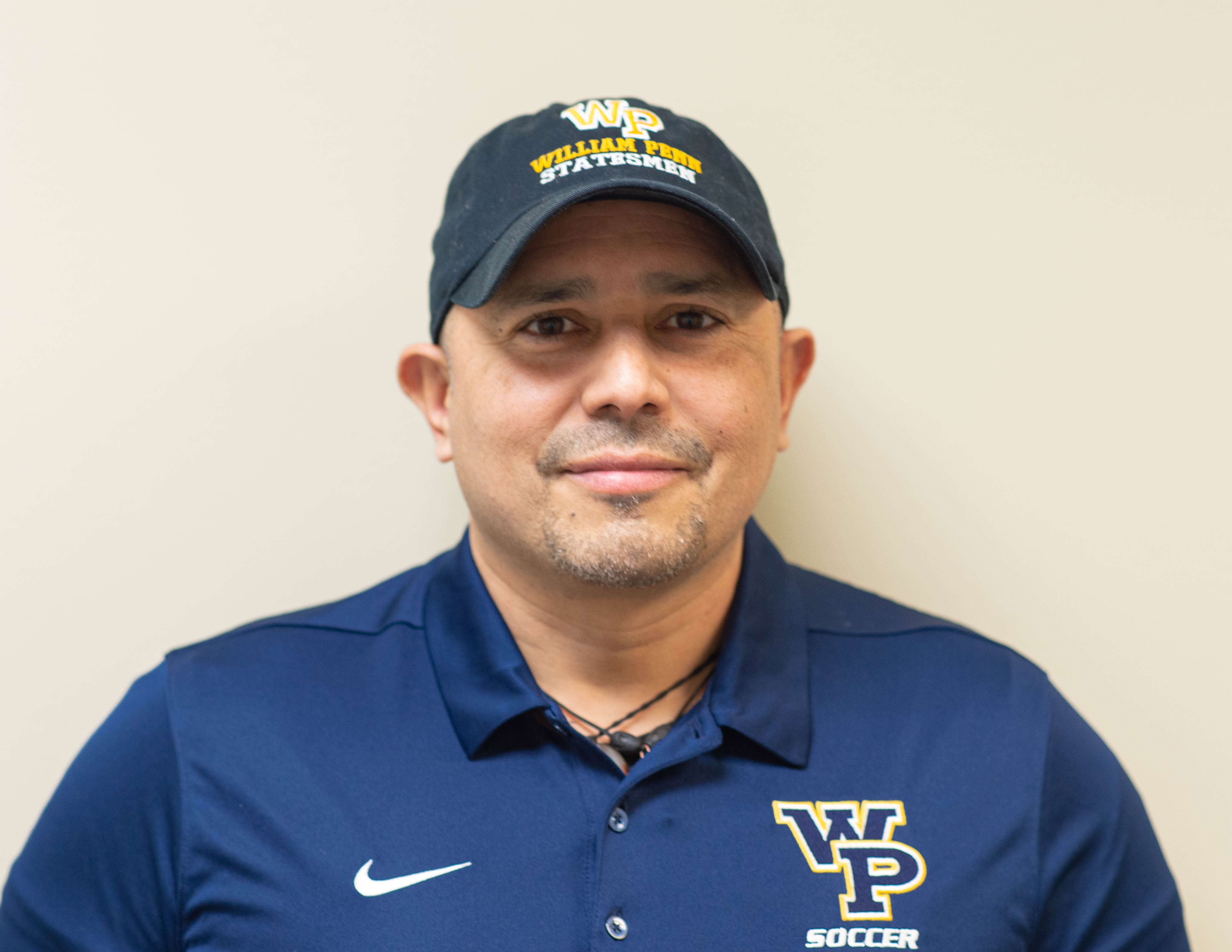
The Exercise Science major is designed to strengthen the science education of students, prepare a path to graduate education in exercise sciences and health professions, and better serve those students who wish to pursue careers in the health, fitness, and exercise industry.
The Exercise Science Program
Of the 30+ careers paths in the field of exercise science, approximately one-third require advanced education (graduate or professional). The US Bureau of Labor Statistics estimates that most of the varied career paths will grow by 10% in the 2010-2020 decade.
Coursework prepares students to be able to apply for certifications with the American College of Sports Medicine and the National Strength and Conditioning Association in the areas of Personal Trainer, Group Exercise Instructor, Exercise Physiologist, and Strength & Conditioning Specialist
Biomechanics Research Laboratory
Location: FLDH 204/205
The Human Performance laboratory is a 1010 square foot facility that is a part of the Exercise Sciences laboratories in the Department of Health and Life Sciences here at William Penn University.
Human Motion Analysis Equipment
Exercise Physiology Equipment
This equipment is used for both research purposes in athletic performance and injury prevention. The lab is used by the students in various classes to perform a variety of biomechanical and physiological evaluations during class. Our students get hands on experience with the equipment that is used in a variety of careers such as Physical Therapy, Occupational therapy, and Exercise Physiology careers.
While Exercise Science may sound like an easy major, the reality is: the field of study is rigorous and challenging. Courses in anatomy, physiology, chemistry, physics, and nutrition lead to a comprehensive understanding of the human body. Graduates of the Exercise Science program will be prepared for careers in fields such as:
Internships are designed to help students gain an understanding of professional experience. Professors encourage students to pursue internships so they can apply classroom and experimental knowledge to real world activity. WPU Exercise Science students have obtained internships with the following companies:
You’ll be taking the following courses as a student of the Exercise Science program: